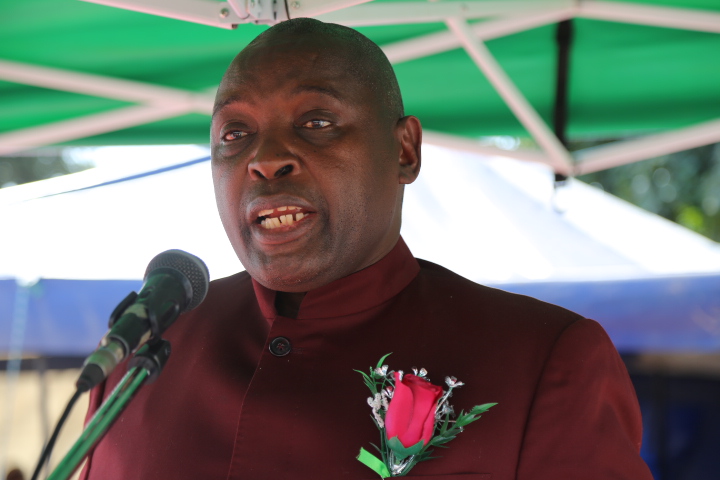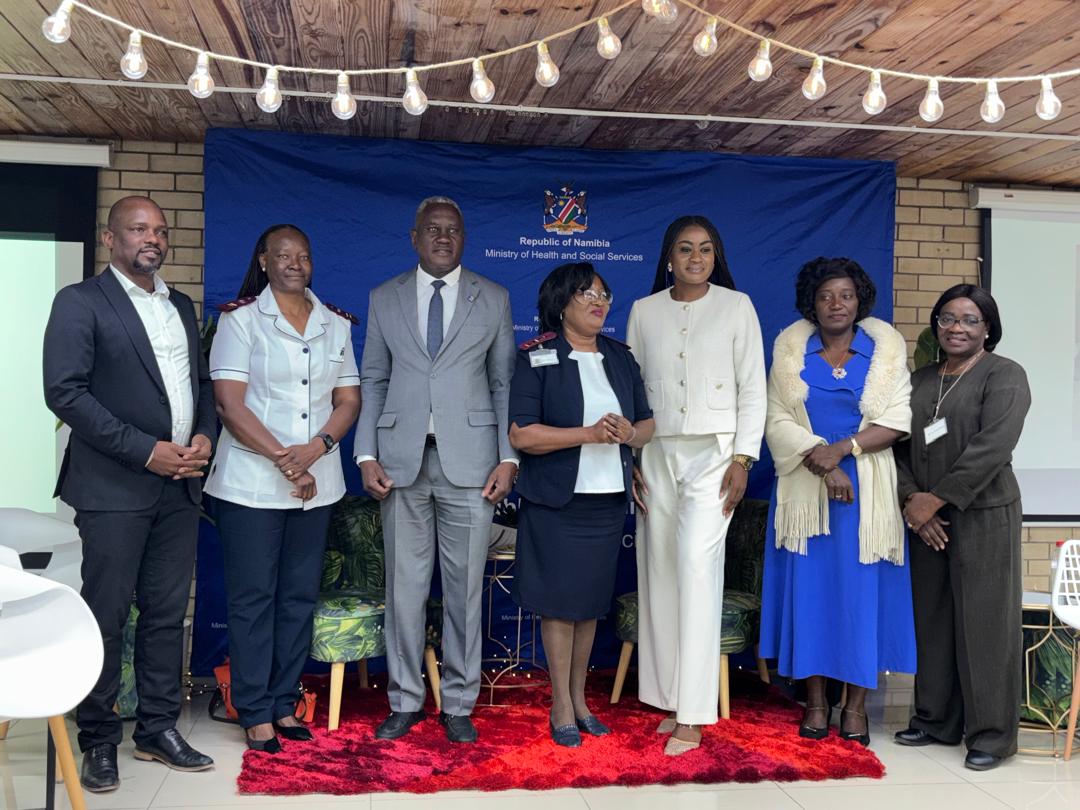SHORTAGES of air traffic controllers at Namibian airports, lack of radar equipment and long working hours seriously threaten airspace safety over Namibia, an organisation for local air traffic controllers once again warned yesterday.
‘We should have a staff of 60 air traffic controllers working at our country’s airports, but we only have 22, which means that at some airports, including Hosea Kutako International, often only one person is on duty,’ Harold Hange, President of the Namibia Air Traffic Controller’s Association (Namatca) told the media.
‘This leads to long shifts of 12 to 14 hours, although international guidelines stipulate that shifts should only be 8 hours.
‘Due to this extreme staff shortage, the Katima Mulilo airport will be closed shortly to get more staff to do duty in Windhoek,’ Hange added.
There is also no air traffic controller at the Lüderitz airfield and the one at Keetmanshoop was closed several years ago.
George Matroos, Secretary of Namatca, said seven air traffic controllers resigned last year, finding far better salaries in South Africa, and that annual resignations have been a regular pattern over the past few years.
‘Salaries in South Africa range between 300 000 and 400 000 rand per annum and in Namibia they stand at around N$100 000, that is a huge difference,’ Matroos stated.
The Directorate of Civil Aviation (DCA), under which air traffic controllers fall, is part of the Ministry of Works and Transport. Despite efforts last year to increase controllers’ salaries, this did not match the high inflation rate, which stood at 12 per cent last year.
‘We again urge Government to invest in radar equipment for air traffic control. Currently there seem to be negotiations to procure radar monitoring equipment, but we require air traffic control equipment and it should be on par with what is installed in South Africa for instance. Why can’t we have that?’ Matroos said.
For the past eight years Namatca has continued to urge Government to invest in a radar system to improve Namibian air safety standards.
Radar will not only improve air safety but would also help to maintain a high level of security, putting Namibia on par with other Southern African Development Community (SADC) countries such as Botswana, Angola, South Africa and Zimbabwe.
According to the Namatca leaders, Namibia has to ‘urgently attend to the lack of equipment and staff shortages’, because there will be a lot of air traffic over Namibian airspace next year, when the Fifa Soccer World Cup will take place in South Africa.
‘The reputation of Namibia is at stake. It is alarming that many findings and recommendations made by the Civil Aviation Organisation (ICAO) are still unattended to by all stakeholders involved and are not implemented,’ Hange said.
‘Our Government is by international law responsible for the Namibian airspace.’
Harry Eggerschwiler, Chief Operations Officer of the Africa Civil Aviation Authority (Afro-CAA), which is based in Windhoek and was established a year ago, said he is worried that a major aviation accident could happen under these conditions.
‘Although the Namibian air traffic controllers do what they can under these difficult circumstances, long shifts and being overworked are the usual factors leading to human error and that causes air accidents,’ he said.
Eggerschwiler attended the press conference and said Afro-CAA had repeatedly pointed out to the Ministry that something should be done.
‘Aviation authorities of the European Union (EU) are contemplating to ban Namibia’s airspace for their aeroplanes,’ he added.
A Namatca delegation will meet Works and Transport Minister Helmut Angula this week to discuss the problems.
Stay informed with The Namibian – your source for credible journalism. Get in-depth reporting and opinions for
only N$85 a month. Invest in journalism, invest in democracy –
Subscribe Now!










